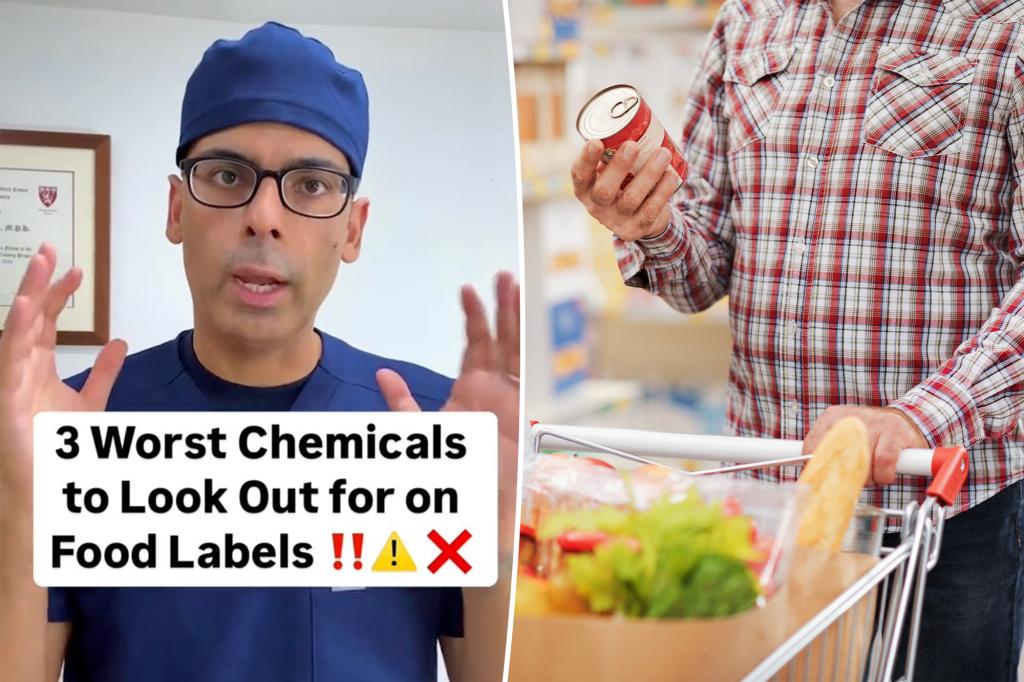Dr. Saurabh Sethi, a California gastroenterologist, has raised concerns about three potentially carcinogenic food additives commonly found in processed foods sold in the U.S. These additives are being used in products such as Froot Loops, Apple Jacks, and several other processed foods that are widely consumed in the country. Sethi has warned consumers to be cautious about these additives as they can have harmful effects on health, including hyperactivity, asthma, cancer, and other serious conditions. Despite being banned or restricted in many other countries, these additives are permitted in the United States.
Research has shown that a significant percentage of the daily caloric intake of both adults and children in America comes from ultra-processed foods (UPFs). Exposure to these UPFs has been associated with various health issues, including mental, respiratory, cardiovascular, gastrointestinal, and metabolic complications. Some of the health conditions linked to UPFs include cancer, heart disease, metabolic syndrome, non-alcoholic fatty liver disease, and Type 2 diabetes. Sethi has emphasized the importance of checking food labels before consumption to avoid harmful additives that are allowed in the U.S. but banned elsewhere.
One of the additives highlighted by Sethi is tartrazine, also known as FD&C Yellow No. 5. This artificial food dye is commonly found in processed pastries, chips, breakfast cereals, and colored candy. Tartrazine has been linked to hyperactivity, asthma, and behavioral issues in children. Additionally, it is believed to contribute to allergic reactions in asthmatics and those with low tolerance to aspirin. Recent research has also found that this food dye can make the skin of mice transparent, exposing their organs.
Another concerning additive is butylated hydroxyanisole (BHA), a preservative used to prevent oils from spoiling. BHA is considered a potential carcinogen and is banned in Japan but added to a variety of processed foods in the U.S., including chips, cereals, meat products, dry mixes, glazed fruits, and chewing gum. Consumption of BHA has been linked to cancer and impaired cognition. Similarly, potassium bromate, used to strengthen the texture of bread, is known to cause cancer in lab rats and may lead to kidney issues in humans. While banned in several countries, including the European Union and China, potassium bromate is permitted in American products.
Concerns over these harmful additives have prompted action in some U.S. states. California Governor Gavin Newsom recently signed the California School Food Safety Act, which prohibits various additives linked to developmental and behavioral problems in children from school cafeterias. This move aims to protect children from the potential health risks associated with consuming foods containing harmful additives. Food brands have until January 2027 to remove these additives from their products or face fines of up to $10,000. Despite being approved for consumption by the FDA, these additives raise significant health concerns that consumers should be aware of before choosing processed foods.


